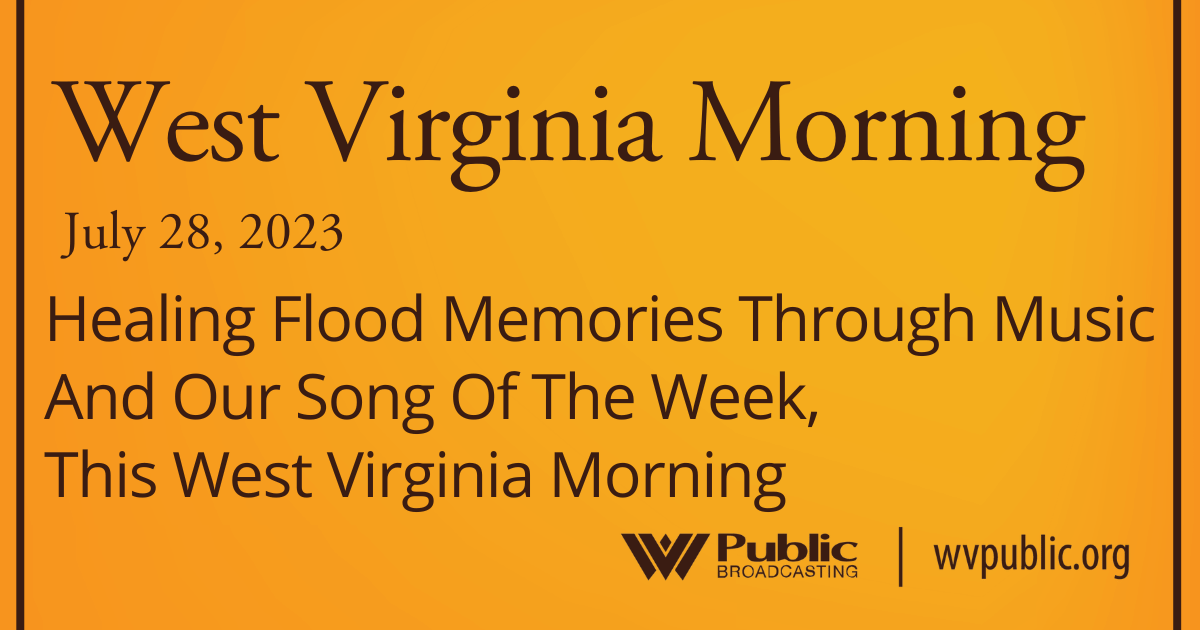On this West Virginia Morning, WVU Medicine Wheeling Hospital has awarded a contract to an out of state company to demolish the former Ohio Valley Medical Center, and virtual Town Hall meetings on the West Virginia 2024 Substance Abuse plan will be hosted by the DHHR.
Also in this show, a preview of this week’s Inside Appalachia looks at flooding. Even after the waters recede, they still can still leave a mark. Connie Kitts brings us a story about a flood and the song Muddy Water by Allan “Cathead” Johnson.
Finally, this week’s rebroadcast of Mountain Stage features our landmark 1,000th episode of Mountain Stage. Slide-guitar master Sonny Landreth and legend of the dobro and lap steel Cindy Cashdollar perform a fiery duo set. Our Song of the Week comes from Landreth and Cashdollar. We listen to “Prodigal Son,” the title track to Landreth’s 2004 album of the same name.
West Virginia Morning is a production of West Virginia Public Broadcasting which is solely responsible for its content.
Support for our news bureaus comes from Concord University and Shepherd University.
Our Appalachia Health News project is made possible with support from CAMC and Marshall Health.
West Virginia Morning is produced with help from Bill Lynch, Caroline MacGregor, Chris Schulz, Curtis Tate, Delaney Wells, Emily Rice, Eric Douglas, Liz McCormick, and Randy Yohe.
Eric Douglas is our news director. Caroline MacGregor is our assistant news director and producer.
Teresa Wills is our host.
Listen to West Virginia Morning weekdays at 7:43 a.m. on WVPB Radio or subscribe to the podcast and never miss an episode. #WVMorning
